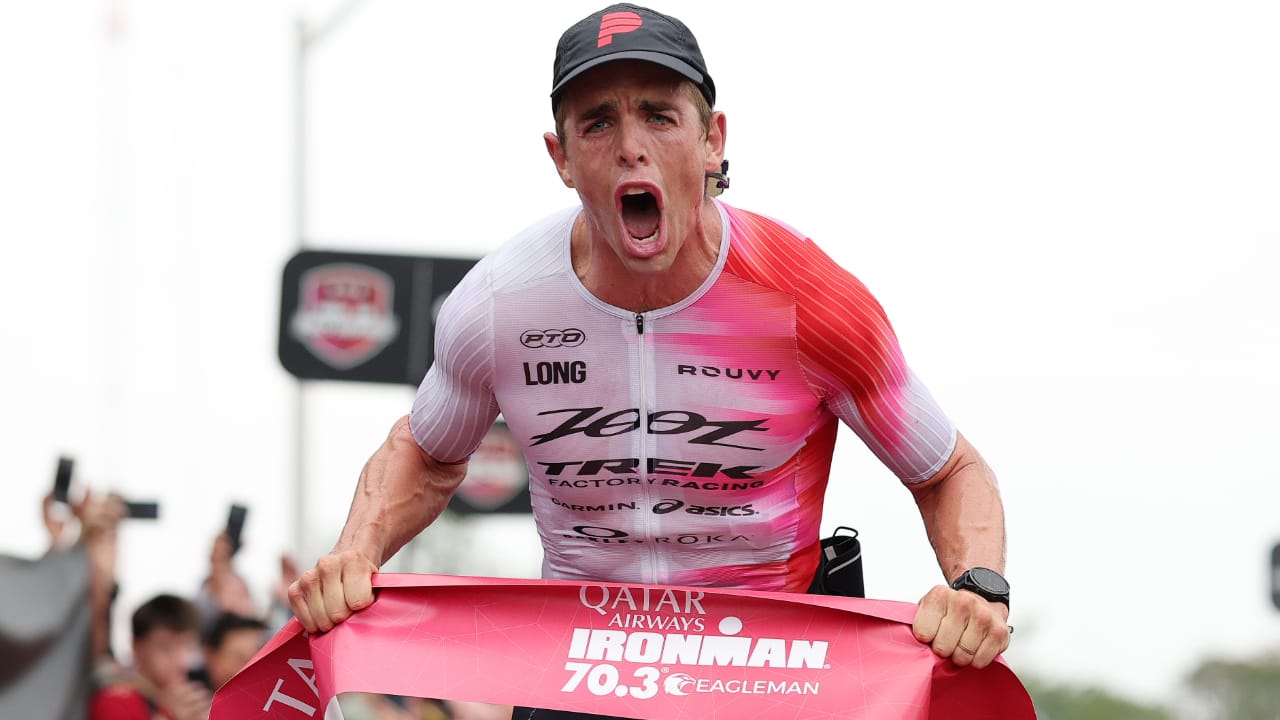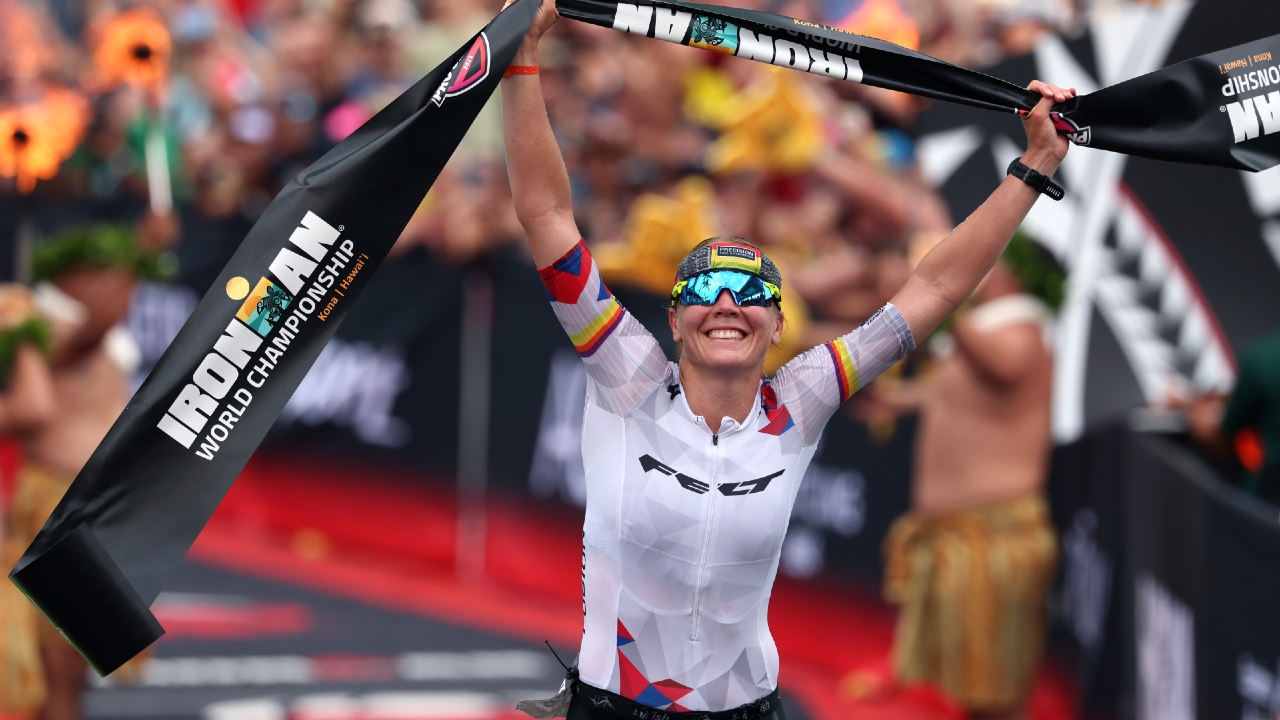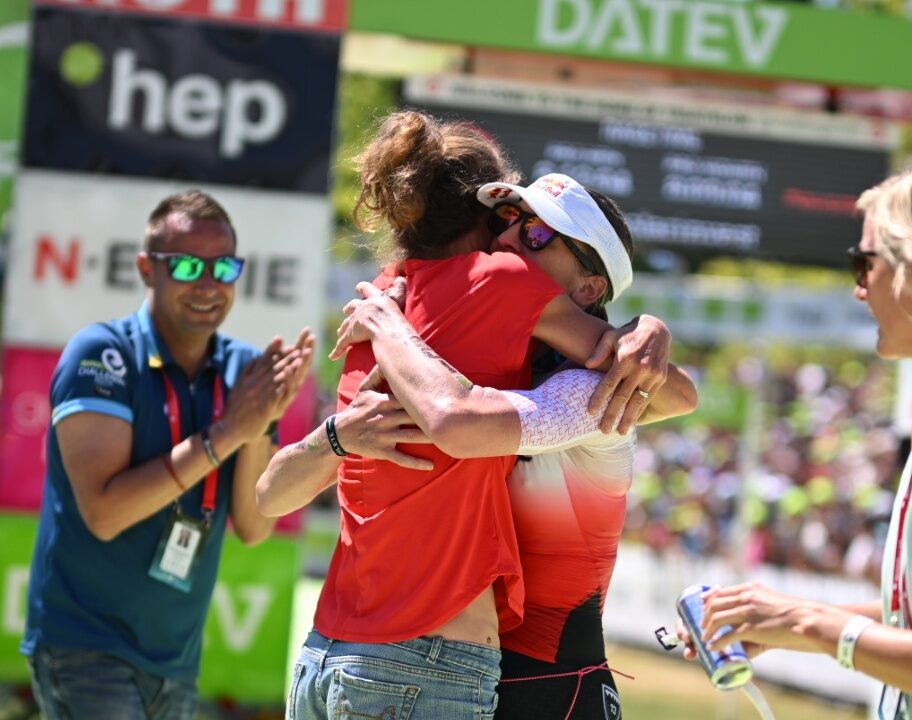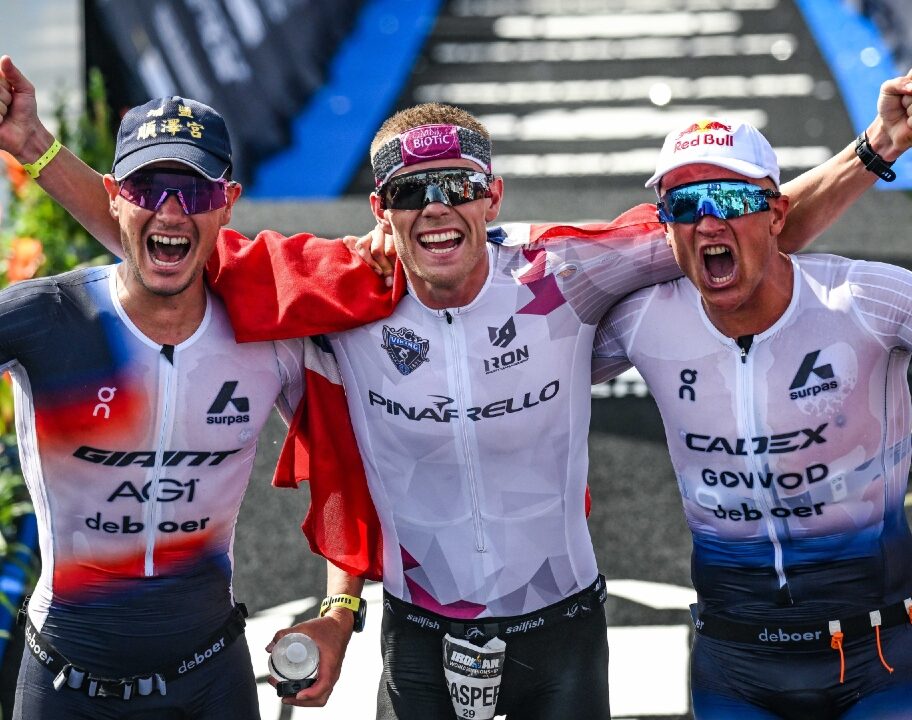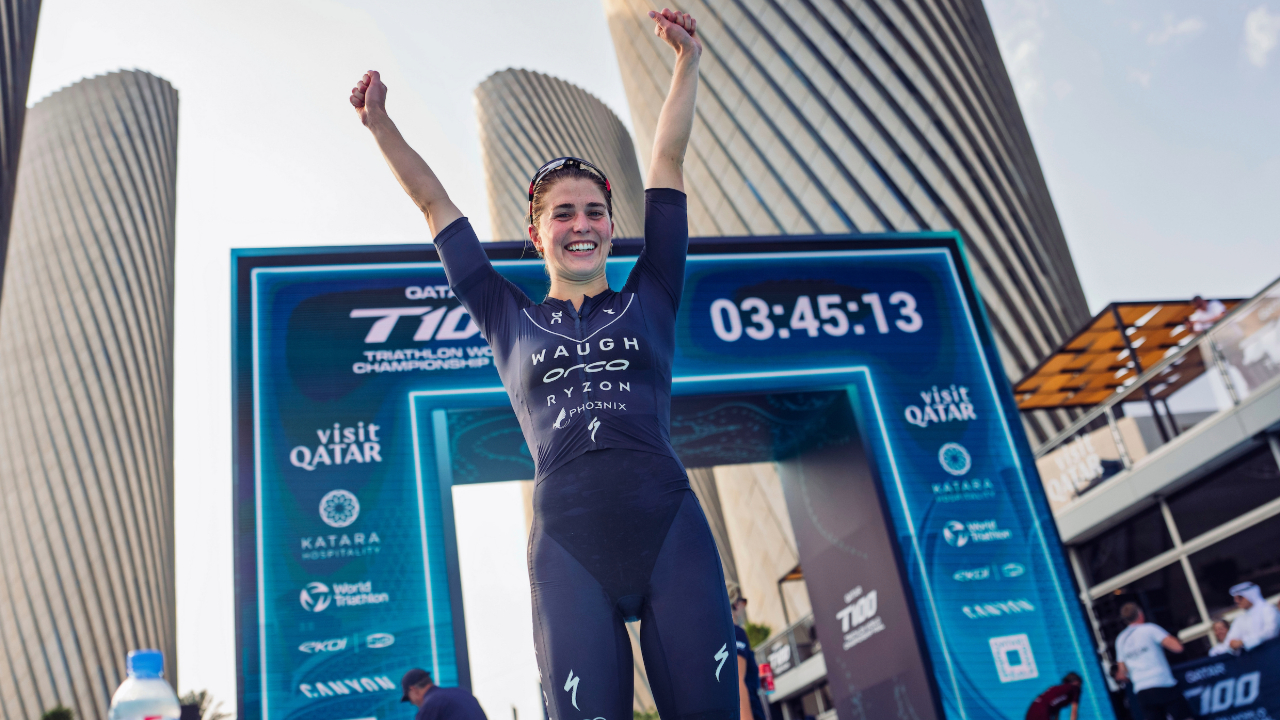IRONMAN CEO Andrew Messick has expressed his regret at the fact they didn’t halt their broadcast of IRONMAN Hamburg once the severity of the tragic incident that occurred early on the bike course started to emerge.
A motorcycle operator, who was carrying an official race photographer at the time, was killed while the photographer and an age-group athlete were both injured and taken to hospital following a horrific collision.
The decision to allow the race to continue was a complex one, but one which most understood.
Not so the livestream, which would continue for nearly six more hours until the first official statement was read out by anchor Greg Welch around the same time the leading pro athletes crossed the line.
‘We should have gone off air’
Speaking to TRI247 in an in-depth interview to assess the initial learnings from last weekend’s tragic events, Messick admitted: “In hindsight I think we didn’t get that right and I don’t want to cast blame onto Greg Welch or any of the announcers who, like everyone, were faced with a situation that was unprecedented.
“We’ve never had an on-camera incident of that nature before. Certainly one that eventually ended up in a fatality. But if we had a ‘do-over’, that would be it for me.
“I think we should have gone off air for some period of time, and we didn’t.
“And we put our announcing team in an untenable situation where they had to talk about a race when everyone who was watching the race knew that something terrible had happened. And that was where their heads and hearts were focused.”
‘We weren’t ready for that eventuality’
We will focus in more detail about the on-race processes and protocols in the coming days but, for many, what happened with the broadcast made a tragic situation even worse.
Messick added: “Our operational controls in general are very good and very well defined, and we know what to do when there is an incident operationally, how to handle medical, how to handle all of those types of things.
“[But] we’ve never had an incident like this, a media incident, a broadcast incident.
It’s clear to me that we need to have similar processes and protocols for critical incidents as it relates to broadcasting.
“I think we all regret the way that unfolded and I wish it had been different because everyone who saw that, it was a terrible thing to witness and that’s where people’s focus was. It wasn’t on whether the sun was shining and who was having a great bike. So while I think we made the right decision to let the race proceed, we should have taken a pause.
“And ultimately I have to wear the responsibility for that because we weren’t ready for that eventuality. It’s hard to be ready for every eventuality, but we weren’t ready for that one, and that one’s on me.”
![IRONMAN CEO Andrew Messick [Photo credit: Tullio M. Puglia / Getty Images for IRONMAN]](https://www.tri247.com/wp-content/uploads/2023/06/Andrew-Messick-IRONMAN-CEO.jpg)
Time to think
In terms of what have been perceived as delayed announcements on the day, that appears far more nuanced and complex.
Rules and protocols have to be followed, with families and relatives of those involved the absolute priority in terms of the initial communications.
But an age where a comment on social media can rapidly escalate brings additional and significant challenges.
Messick explained: “We make sure that that athletes’ families are in the loop, the community is in the loop, that public safety is in the loop, that medical is in the loop.
“And there’s really good reasons for that. And it’s important that we do not speculate. And part of what made I think the situation worse is there was so much speculation, there were so many people who didn’t know anything who were speculating about this, and that because the broadcast was going, we allowed a bunch of voices who didn’t know anything to get traction.
“It would have been better if we just said, until we’re ready to say something, we’re just going to turn this off. And when we know and when we’re prepared to make a definitive statement, we will.”
Learning from mistakes
So in terms of learnings, what are the main areas: “Part of what I think we need to do as part of our broadcasting critical incident protocol is really assess what are the types of things we need to do that will make things better.
“I’m being slightly cautious because there’s lots of ways to make it worse. And in the spirit of trying to first not do harm, I think it’s important that we understand that sometimes doing nothing is better than doing the wrong thing.
“Again, I’m not trying to make an excuse because we clearly didn’t get it right, but our silence until we were able to make a definitive statement, I think was appropriate relative to what could have happened.”
Reflecting on the broadcast and comms aspects – and we will fully address many other factors in the coming days, including the equation of more media demands without increasing the moto presence – Messick said: “I think that people appreciate candour and they appreciate honesty. Even though people may not like what we have to say, I think that we’ve always been prepared to own up to our mistakes and our shortcomings, and we’ll continue to do that. It’s the way you continue to get better.
“It’s the standard you have to hold yourself to. And when you don’t get things right, it doesn’t do anybody any good to pretend that you did.”







